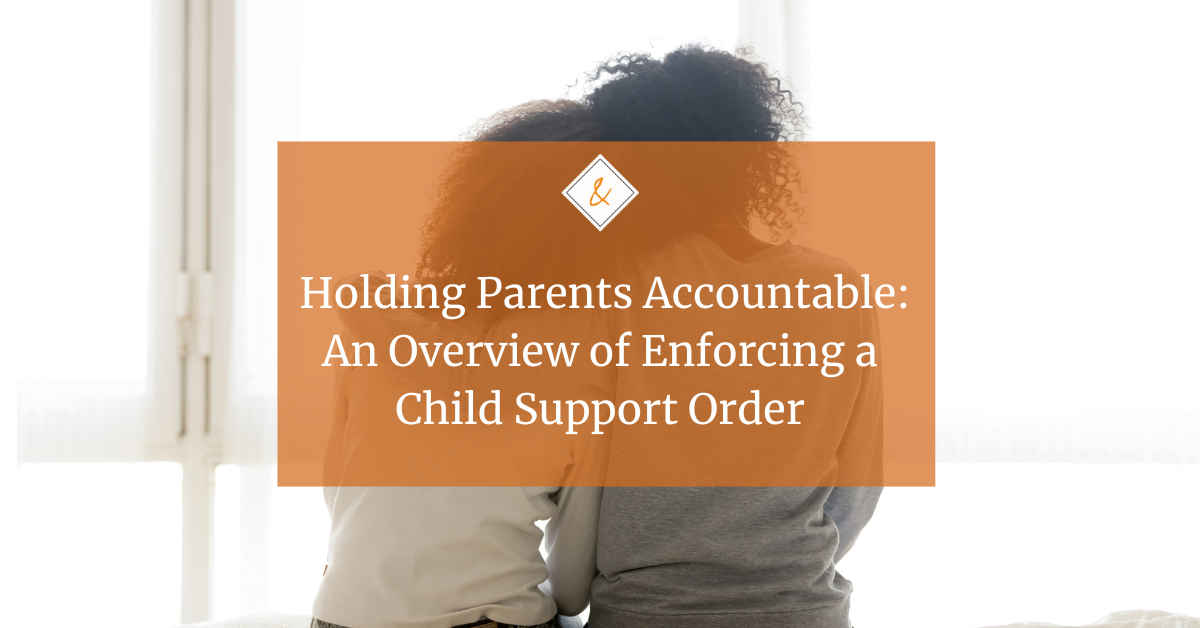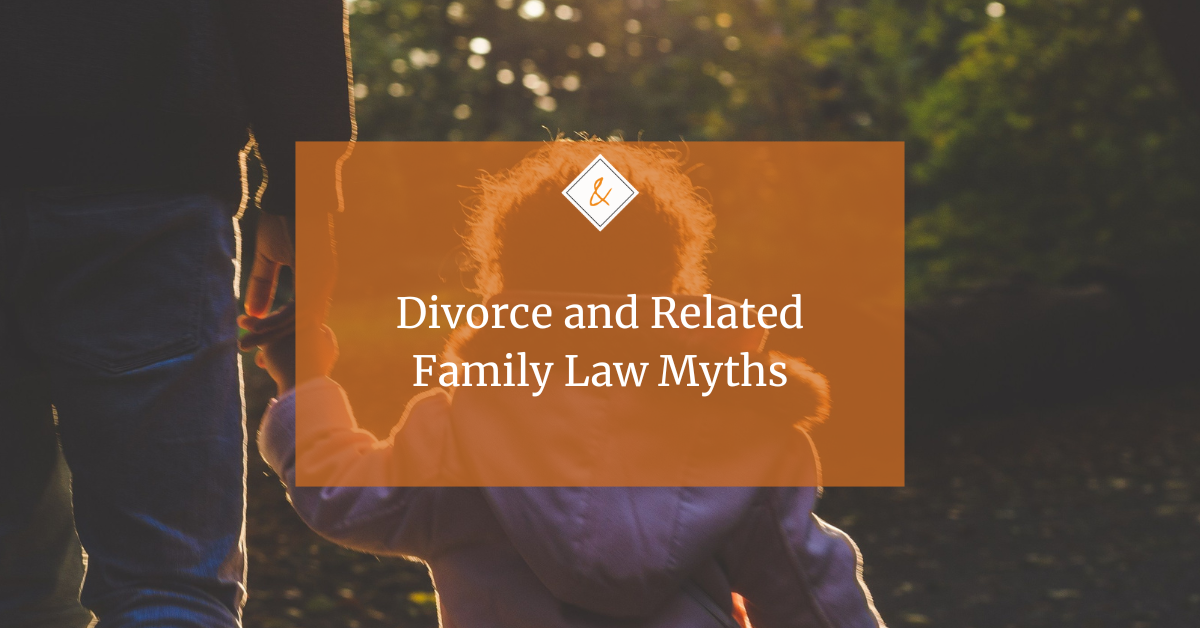Increasingly, more divorce and support matters involve trusts. Whether a trust is considered to be an asset in a divorce or income in a child or spousal support action depends on multiple factors. Before discussing those factors, it is important to understand that there are various types of trusts which may be encountered in a divorce or support matter.
Generally, a trust can be irrevocable or revocable. This is perhaps one of the most important pieces of the puzzle in determining if a trust is considered an asset in your divorce matter. If you or your spouse establishes a trust during your marriage, funds the trust with assets acquired during your marriage, and the trust is revocable, it would likely be in the “pot” for distribution when the court was dividing up your assets. If the trust is irrevocable, it may or may not be subject to distribution upon divorce, and you would need to review the trust in more detail. If you or your spouse is the beneficiary of an irrevocable trust, then we must look to see who has the power to award distributions to you. If you or your spouse are the sole person who holds that power (often called a trustee), then the likelihood is that the trust, or a portion of it, may be an asset in your divorce matter. If there are other trustees of the trust other than you or your spouse, then it becomes more complicated as the courts look at how accessible the trust is to the beneficiary.
It is also important to determine the composition of the assets contained in the trust. If they are from an inheritance or a gift, they may be excluded on that basis alone. If, however, there is an increase in value of the trust assets during the marriage then the above analysis is pertinent.
Trusts take many forms and in addition to a general trust, there are trusts into which personal residences may be transferred for estate and tax planning purposes. These are called qualified personal residence trusts (QPRTs). A marital residence, a shore home, or both may be owned by a QPRT. Whether those assets remain as part of the marital estate and subject to distribution is fact dependent and often times there is a mechanism by which those asset can be removed from the trust, although there may be tax consequences or other reasons why the residence should not be removed from the trust. A QPRT also has a timing component to it which impacts how “revocable” it is.
Other than general revocable and irrevocable trust, as well as QPRTs, we frequently encounter life insurance trusts. This is a trust which owns a life insurance policy which will fund the trust upon the insured’s death. Often times, the policy, which is owned by the trust, is a term policy without any cash surrender value, but sometimes the trust is funded with a whole life policy, which does have cash value. The distinction is important, as divorce courts generally are not concerned with term policies as they have no value and can lapse at any time. The opposite is true of whole life policies. Questions we ask in the context of a divorce include – can the policy be liquidated? Upon liquidation can the trust be revoked? Who are the beneficiaries? Who is paying the policy premiums? All of these are relevant when addressing the availability of the trust as an asset in your divorce.
Even if a trust is not an asset in your divorce action, the trust may be considered when the court is distributing assets as the court is required to consider the separate assets of each party when determining the appropriate division of marital assets. For example, a trust which may be non-marital may have significant value while the marital assets have minimal value. In that matter, the court may divide the marital assets significantly in favor of the party who is not the beneficiary of the trust.
Moreover, any distributions from a trust to you or your spouse may impact child and/or spousal support. There are a number of factors a court will review to determine how those distributions are counted, if at all. First, are the distributions mandatory or discretionary? If mandatory, a court will be compelled to review them. If they are discretionary, the issue will be who controls the distributions. In addition, the court will want to know if the distribution are from trust principal or from trust income. If from income, it’s more likely those distributions will impact the support numbers. Even if not counted as income, the court is permitted to deviate from the support amount based upon these distributions.
As noted above, there is lots of analysis that has to be done when addressing a trust in the context of a divorce or support matter. We are uniquely qualified to handle these issues as we have both family law and trust practice groups.



